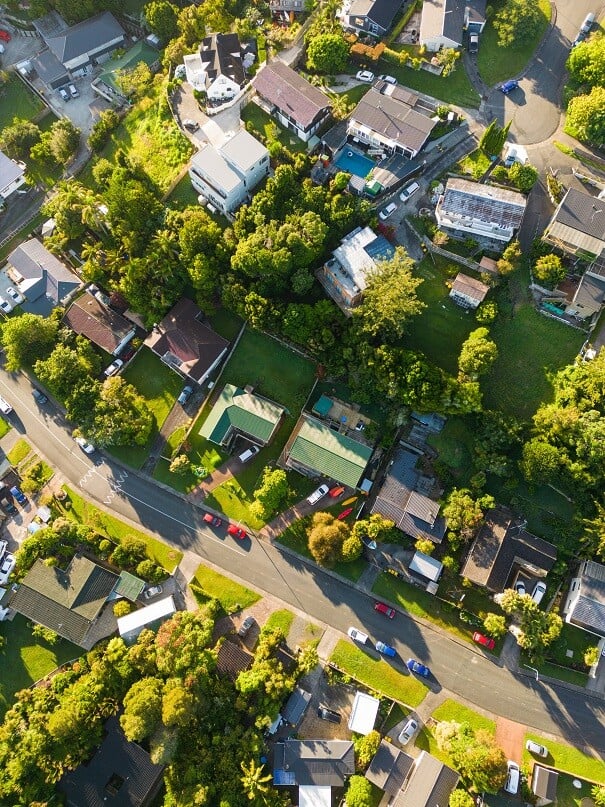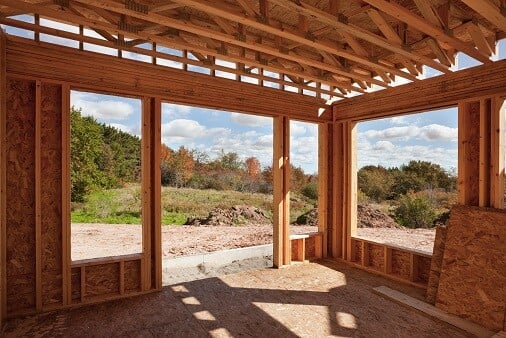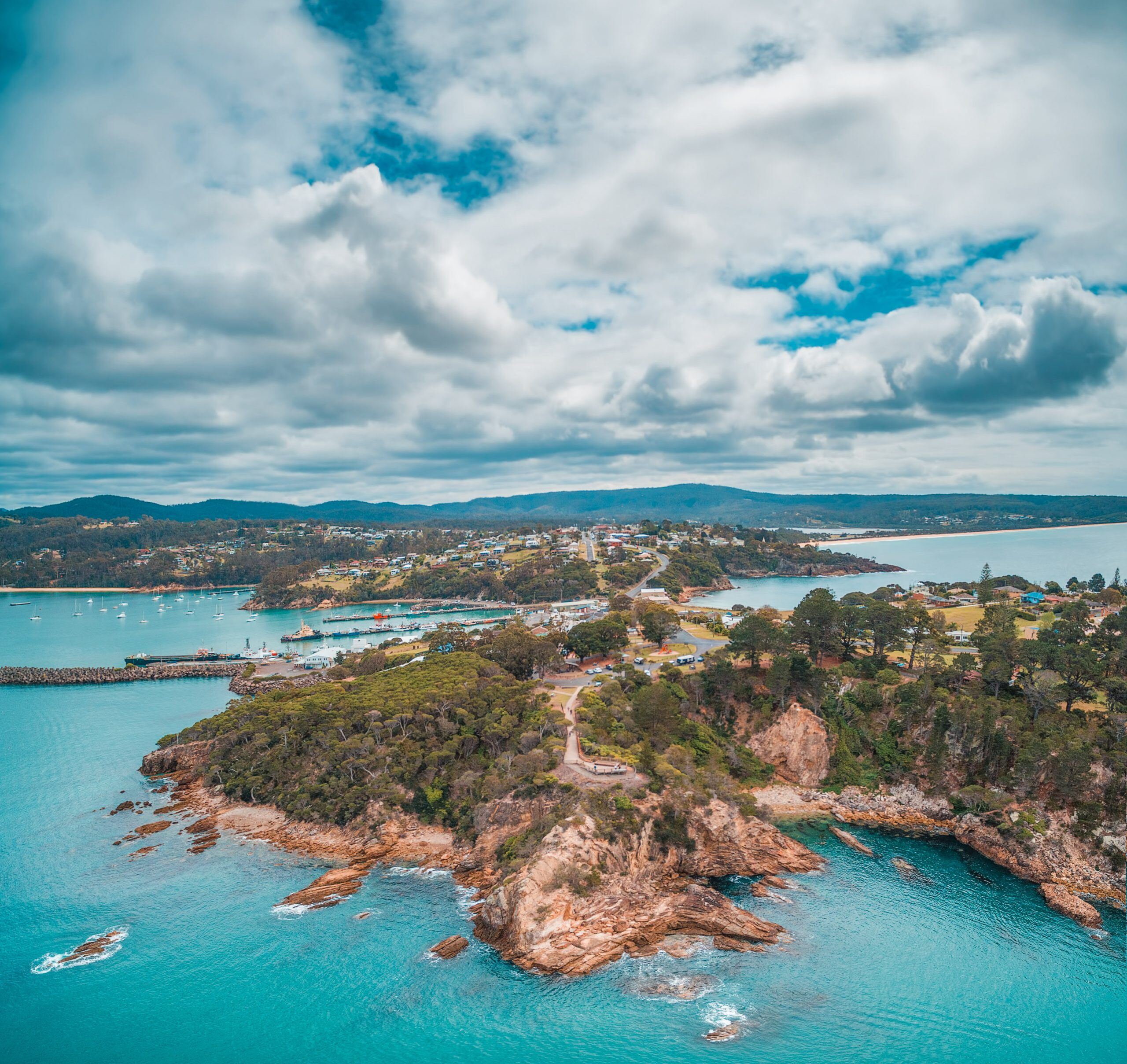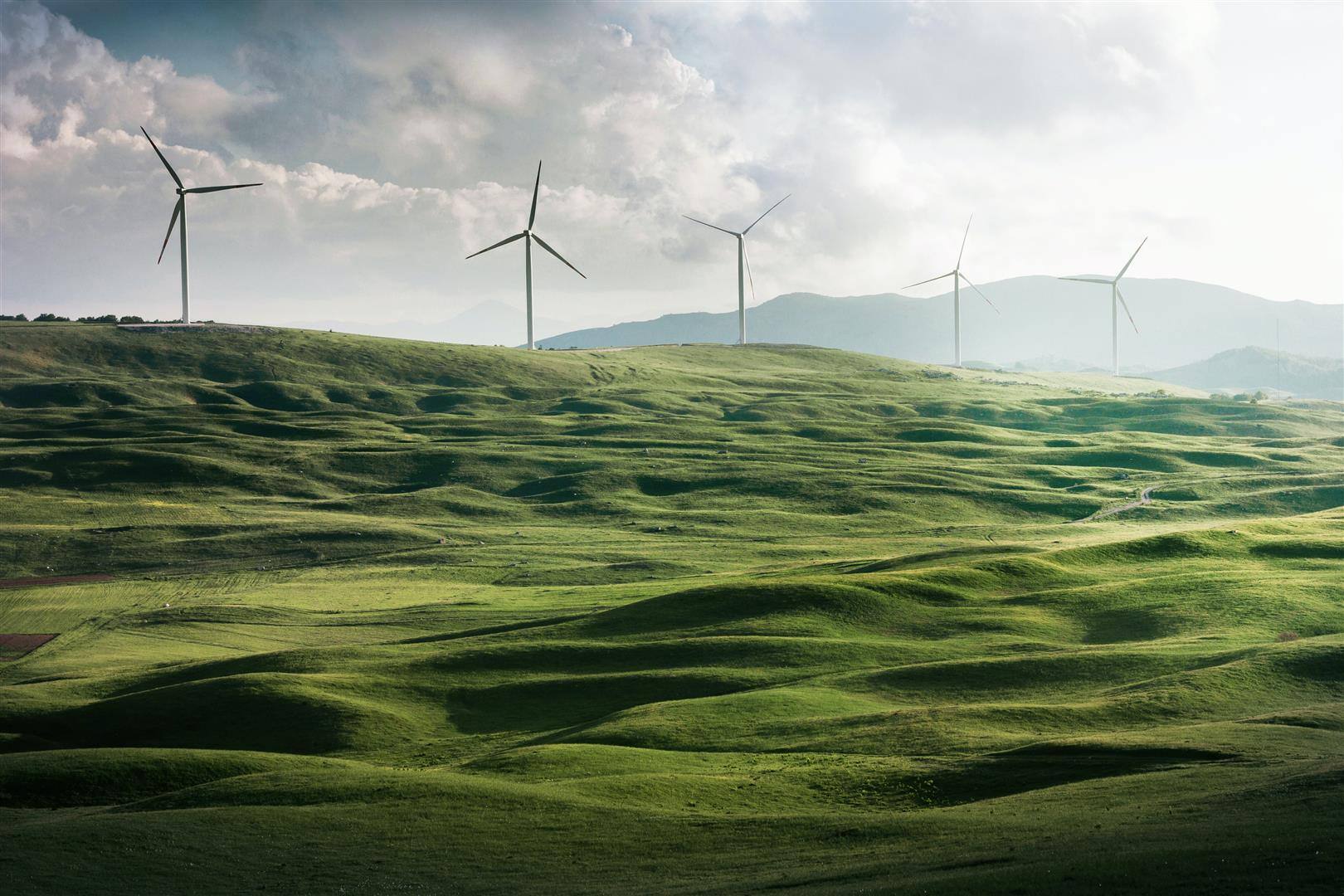


As the oldest living culture on Earth, Australia’s First Nations people deserve the respect, engagement and support of the country’s wider population. That’s the view of WolfPeak and we uphold that corporate social responsibility through the work that we do every day.
In just the past 3 years, we’ve been involved with three separate Local Aboriginal Land Councils (LALCs), as well as the Bundian Way Walking Trail.
We’ve also conducted countless land management projects with Traditional Owners and even took part in cultural awareness training with Central Coast elder, Gavi Duncan.
So, the questions we pose to you are, “Why is this work important,” and “How can we continue to engage with Aboriginal communities?”
The Power of Community Engagement
To WolfPeak, community engagement, especially in an Aboriginal context, is important because it connects us with those who know the land best and encourages them to share their knowledge.
At the core of our involvement in Aboriginal affairs is the belief that the self-determination of Aboriginal people is critical to improving outcomes at the system, service and family levels.
Many systems in the Australian government and society sadly don’t recognise the contribution and importance of Aboriginal people. Therefore, any way that we can do so makes a positive impact on their communities. When we work together to rebuild their LALC office, or facilitate collaborative workshops we are working together to each contribute to a new Australian culture that is made up of the best of all of us.
From an environmental perspective, these traditional custodians of the land hold knowledge that is thousands of years old. Without their knowledge, the environment falls solely to the rest of us, whose understanding of Australian land management may never match up.
How Does WolfPeak Empower LALCs?
Bundian Way business case
In 2018, WolfPeak was engaged by the Eden LALC and the NSW Department of Premier and Cabinet to develop a business case for funding the first section of a proposed Bundian Way Walking Trail.
For context, the Bundian Way is one of the most well-documented east-west Aboriginal routes of southeastern Australian. It connects the highest point of the continent, Targangal (Mount Kosciuszko), to the sea at Bilgalera (Fisheries Beach) on Twofold Bay.
To obtain the funding, we knew we were the support, not the main act. We employed local community leader Les Kosez to guide the sharing of the knowledge around the ancient trail. Through his leadership we were able to communicate the trail’s significance and were able to compile a compelling business case of exceptional value and a strong justification.
By December 2018, a grant of $7.1 million had been approved to develop the first section of the Bundian Way walking trail.
Reconstruction of Mogo LALC
Having previously developed a business case to reconstruct the Mogo LALC facilities, WolfPeak was proud to take on a planning and project management role from 2021 to 2023.
We helped identify and finalise the building design before navigating planning approvals and government requirements to satisfy grants and reporting.
Once approved, construction began in mid-2023 and the project was lucky to obtain an additional $900,000 to alleviate the rising cost of construction.
Eden and Moree land activation
This project created a ‘Land Activation Roadmap’ following extensive stakeholder engagement, workshops, and scoping of all land of interest in Eden and Moree.
The Roadmap provides the community with a resource that sets a way forward and supports ongoing engagement with government around planning and land management issues. The Roadmap also provides a mechanism to hold Government to account in supporting the activation of Land Council land. Thanks to the collaborative workshops and engagement, this connection should align with the community’s desires for years to come.
Over the course of 6 months, WolfPeak worked with the LALCs, as well as the Department of Planning and Environment – Closing the Gap Coordination and Delivery Taskforce (DPE CtG). Naturally, these parties were strongly committed to engaging with Aboriginal communities and all were a pleasure to work alongside.
How Can Your Business Engage with Aboriginal Communities?
As we’ve shown through multiple case studies, the best way to engage with a community is to meet in person and get to know what matters to them. The wider you consult with a community, the better you can understand their views and challenges.
Whether your business is planning to develop on a new site or has a high concentration of staff from a particular community, it’s important to show that you care for the people on the ground.
Remember that this is never a one-off transaction. Effective community engagement relies on frequent and meaningful connection which shows a genuine desire to work together. If your business is truly dedicated to benefitting the community, then it will listen and learn the ways in which it can do so. Understand that simply having a chat is rarely enough and that you are expected to add value to the land if you intend to take from it.
WolfPeak continues to refine its practices and learn from Aboriginal communities so that we may better advise our clients in this field. If you feel unsure of your community engagement practices, get in touch with our team and together we will add value to the land and society on which we operate.



